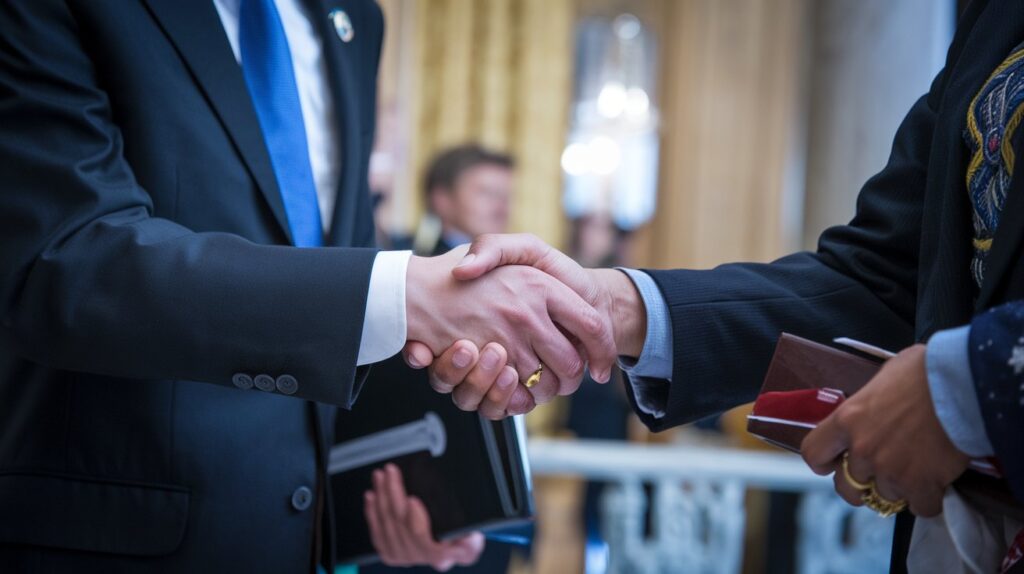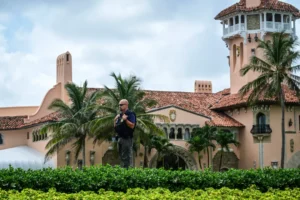A federal judge has ordered former President Donald Trump to temporarily restore foreign aid, a decision that could have far-reaching implications for U.S. global influence. This ruling follows a legal battle where humanitarian organizations challenged the aid freeze, arguing that it disrupted critical programs worldwide. With this order, funding for essential services, including healthcare and education, may now resume, reversing months of uncertainty.
Understanding Why Foreign Aid Was Frozen
What Led to the Aid Freeze?
During his presidency, Donald Trump prioritized an “America First” policy, which led to significant cuts in foreign aid. His administration argued that U.S. taxpayers should not bear the financial burden of international assistance, shifting focus toward domestic programs. However, this approach was met with criticism, particularly from humanitarian organizations and U.S. allies.
Key Impacts of the Aid Freeze
| Affected Region | Main Consequences |
|---|---|
| Africa | Halted healthcare services, increased poverty, and stalled infrastructure projects. |
| Asia | Suspension of economic development programs and reduced diplomatic influence. |
| Latin America | Decline in disaster relief efforts and economic support programs. |
With the aid freeze, critical programs in these regions were disrupted, causing long-term setbacks in economic and humanitarian development.
Judge’s Ruling: What Does This Mean?
U.S. District Judge Amir Ali ruled that the aid freeze lacked a rational basis and violated existing international agreements. His decision mandates that foreign aid contracts in place before Trump’s presidency must be honored, at least temporarily.
Why Is This Ruling Important?
- Humanitarian Relief: Programs providing medical aid, education, and disaster response can resume operations.
- Global Diplomatic Standing: The U.S. can rebuild trust with international allies and prevent China and Russia from filling the leadership void.
- Legal Precedent: The ruling sets an important legal precedent on executive power over budget allocations.
How This Decision Impacts U.S. Foreign Policy
One of the most significant consequences of the aid freeze was the decline in U.S. influence abroad. Competitors such as China and Russia expanded their global outreach, strengthening diplomatic and economic ties in regions where the U.S. had historically played a leading role.

Comparing U.S. vs. China’s Global Aid Influence
| Factor | U.S. Foreign Aid Policy | China’s Belt and Road Initiative |
| Approach | Strategic humanitarian and development aid | Infrastructure and economic investments |
| Regions Targeted | Africa, Asia, Latin America | Africa, Asia, Europe |
| Political Influence | Builds alliances and maintains global leadership | Expands China’s economic influence and soft power |
With aid now reinstated, the U.S. has an opportunity to counteract these geopolitical shifts and reinforce its leadership role.
What Happens Next?
The judge’s ruling does not mean the aid freeze has been permanently lifted. The final decision will depend on political discussions in Washington, including:
- Congressional Action: Will lawmakers push for a long-term foreign aid strategy?
- Executive Decision: How will the Biden administration handle the situation?
- Global Reactions: How will allies and foreign governments respond to the restored funding?
Potential Outcomes
| Scenario | Likely Impact |
| Full Aid Restoration | Strengthens U.S. global influence, supports humanitarian efforts. |
| Partial Aid Allocation | Select programs receive funding, but long-term commitments remain uncertain. |
| Future Aid Cuts | Could lead to a continued decline in U.S. diplomatic influence. |
Conclusion: Balancing Domestic and International Responsibilities
This ruling highlights the ongoing debate between prioritizing domestic policies versus maintaining global commitments. While domestic financial concerns are valid, withdrawing from international aid entirely could have far-reaching consequences for U.S. diplomacy and global stability.
The next few months will determine whether this decision leads to a permanent shift in foreign aid policies or if further obstacles will emerge. Regardless, the world is closely watching how the U.S. government navigates its role as a global leader in humanitarian efforts.





